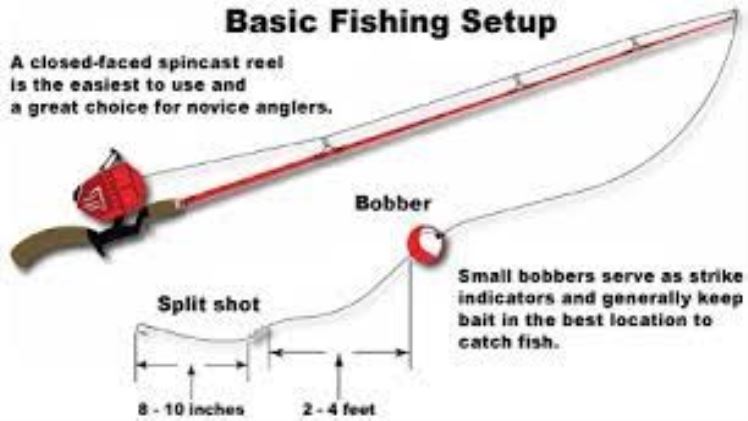The Basics of Fishing

Fishing is the practice of capturing fish with bait using various tools such as fishing rods and reels, nets, traps, spears and spearfishing spears. Fishing has long been one of the oldest human activities, providing sustenance for communities worldwide as well as being an enjoyable recreational pursuit; casting lines to attempt catching different types of species.
First and foremost when selecting bait is to consider what species of fish you wish to catch; smaller fish tend to take smaller baits while larger species require bigger lures to attract them. Furthermore, larger species tend to put up more of a fight but are better breeders and therefore crucial in maintaining healthy ocean populations. Furthermore, larger fish are more likely to contain mercury or ciguatera toxins which should also be considered when choosing your bait.
Baits come in many forms, from worms and crickets to chicken or turkey frankfurters. Not only can these meats provide delicious snacks, they’re an excellent source of protein and other essential nutrients; plus they serve as bait to attract the fish you’re trying to catch!
Hooks were among the first fishing tools, consisting of metal or wood pieces attached to strings for use when fishing. Although initially created as crude devices meant to capture or capture fish, soon becoming essential parts of equipment and eventually being integrated into other devices like nets and traps.
Fishing offers many advantages, from providing nutritious food sources to encouraging healthier lifestyle choices. Fishing can reduce stress, boost self-esteem and give a sense of achievement; plus it’s an enjoyable activity you can share with family and friends!
Fishing can be an enjoyable pastime, but its effects must also be carefully considered on the environment. When we take more fish from the ocean than can reproduce at once, fish populations drop precipitously leading to environmental problems such as overfishing and marine habitat degradation. Furthermore, intensive forms of fishing such as purse seining and longlining often result in bycatch or capture of unwanted species which is known as bycatch.
Fishing requires significant capital investment to purchase fishing gear, boats and refrigeration systems; additionally, sustaining an eco-friendly fishery without enough market demand can be challenging; thus leading to fluctuations in prices and supply. Fishing has had a tremendously positive effect on many nations’ economies but ensuring sustainable practices are employed will benefit not only them but also the global seafood trade.